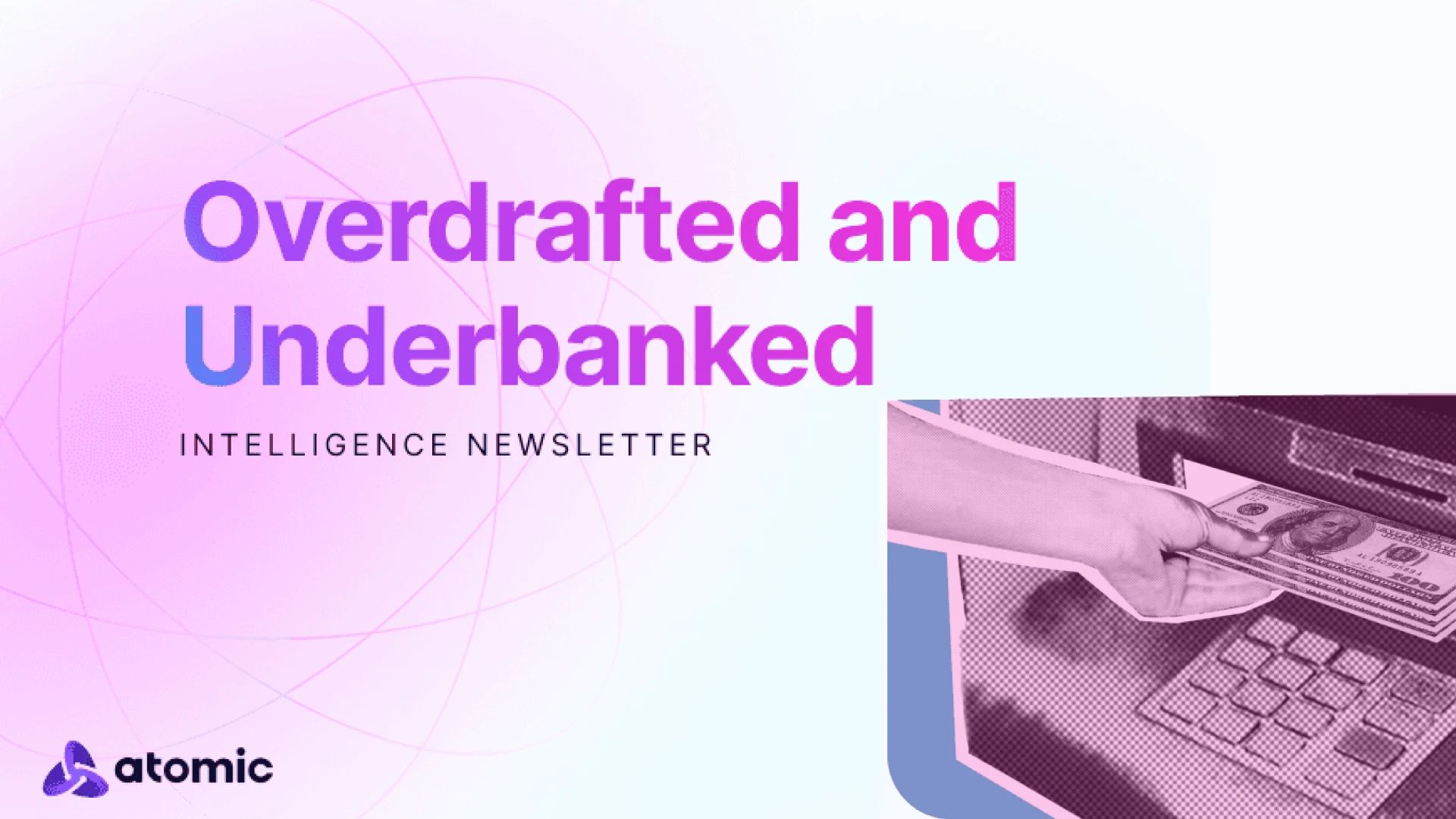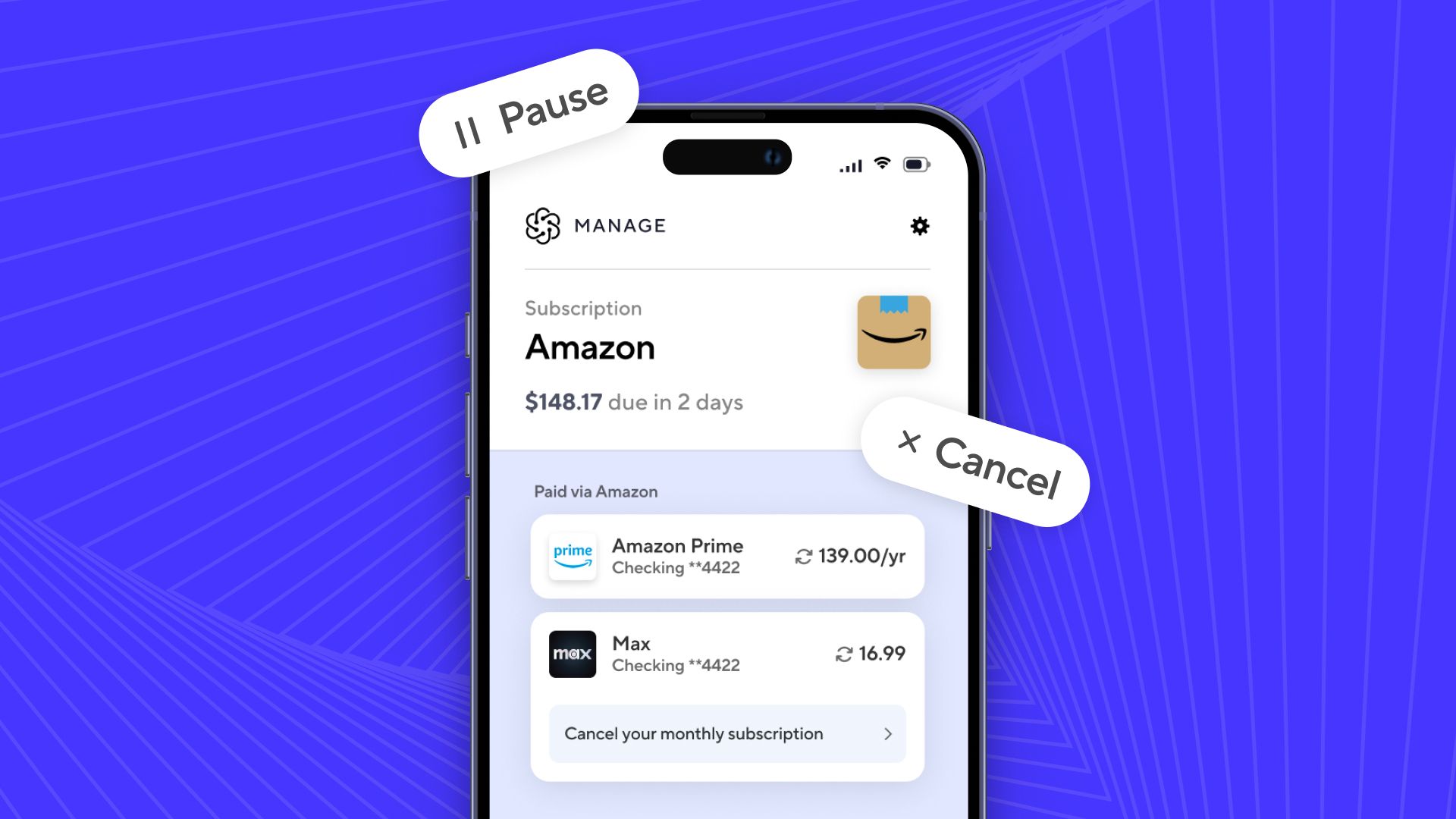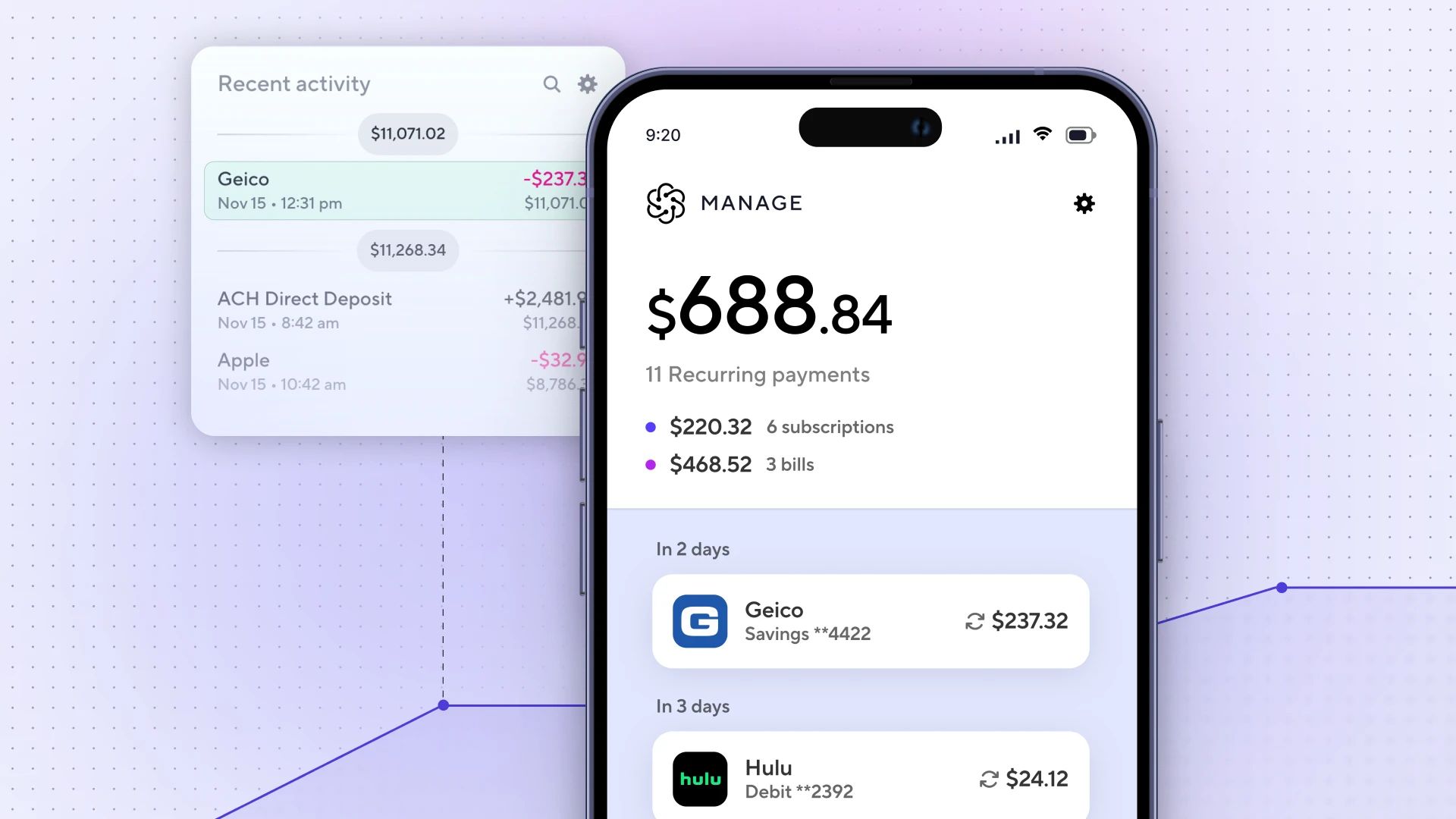Overdrafted and Underbanked

Lindsay Davis
Head of Markets

Hi there,
Last month, we put the “neobank” vs. “bank” argument to bed. This month, CEOs of six of the US’s largest banks got their own wakeup call as they testified in front of both the House and Senate about profits on overdraft fees and pandemic relief programs.
Overdraft fees are one of a handful of large pools of money fintech companies can reallocate to quickly put more cash in consumer’s pockets. Since integrating with Atomic’s payrolls APIs, customers have helped consumers avoid approximately $8 million – $11 million in combined overdraft fees. While big banks were profiting from fees, neobanks, including Chime and Current, were extending their 2-day advance on payday to include early access to stimulus checks.
Banks have been quick to respond, announcing fast-follow features aimed at showcasing low-cost competitive offerings. Some firms, such as Ally Financial, made bold commitments by dropping the $25 overdraft fee to $0.
Others, where overdraft fees account for a higher portion of revenues, aren’t ready to let it go. For JP Morgan Chase, Bank of America, Wells Fargo, Citibank, and US Bank, deposit fees accounted for 10% of consumer and business banking revenue in 2020, according to Federal Deposit Insurance Corp call reports. In total banks made $11.68 billion on overdraft fees in 2019.
In 2020,while millions of Americans were financially strained, too bulge bracket banks made approximately $4 billion on overdraft fees.
Worse, numerous studies by the CFPB and economists have proven fees fall disproportionally on lower- and moderate-income households. For example, Financially Coping and Vulnerable households together spent $255 billion on interest and fees for financials products in 2020, according to the Financial Health Network.
Why are banks still charging high overdraft fees, despite the success of neobanks that have proven a $0 fee can work at scale? Atomic advisory board member Rahul Gupta shares our belief that infrastructure players in fintech will increasingly have a role in enabling lower customer acquisition costs (CAC), reducing overhead with fewer branches, and streamlining the ability to acquire funds digitally with payroll APIs, among other cost savings that “render the punitive $35 overdraft fee useless.”
One of the promises of payroll APIs is cost-effective direct deposit acquisition. Lower customer acquisition costs can be passed through to customers and help banks, credit unions, and fintech companies monetize through interchange, subscriptions, and sustainable interest, not asterisks(*) or fees.
Fresh regulatory pressure and mounting competitive threats have been a wakeup call for some banks to ditch overdraft fees or be ditched by consumers, who are realizing they have fee and (*) free options.
In the second edition, we dive deeper on overdrafts and infrastructure including:
- Atomic selected as one of six fintech companies in FIS and The Venture Center’s latest cohort
- Recap of our four-part interview series with the Atomic Advisory Board
- Our podcast on new(ish) fintech trends, including the death of overdraft fees, prize-linked savings and immigrant and LatinX focused neobanks
- Research and interviews with industry associations, peers, and our investor we’re reading this Fourth of July while re-watching Hamilton on Disney+
Stay well,
Lindsay


